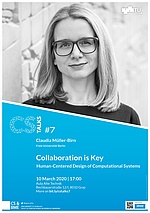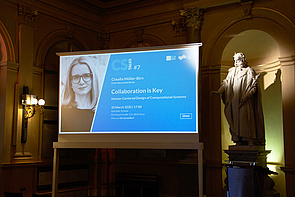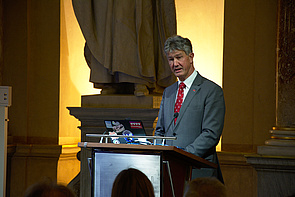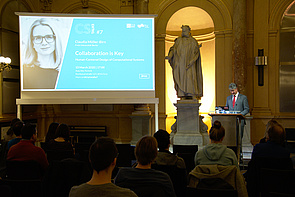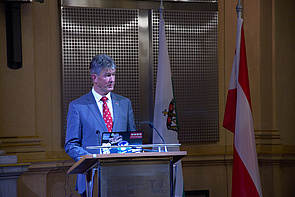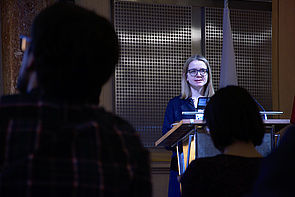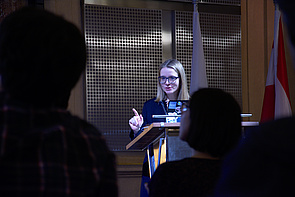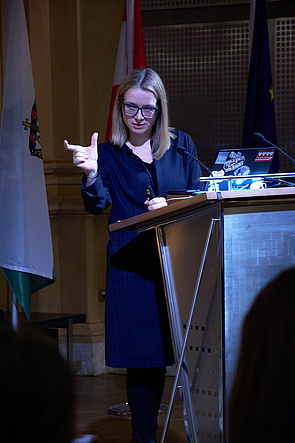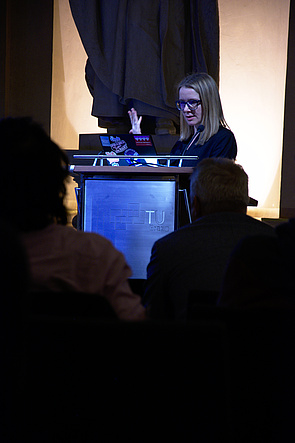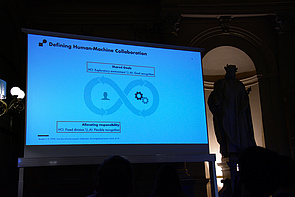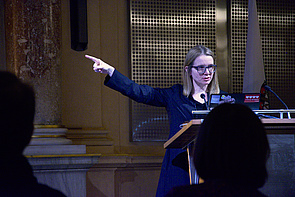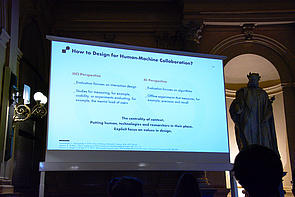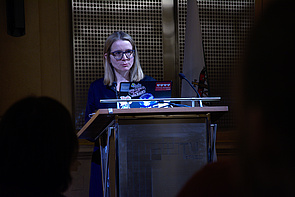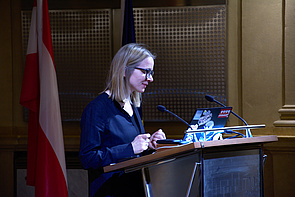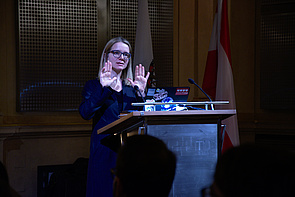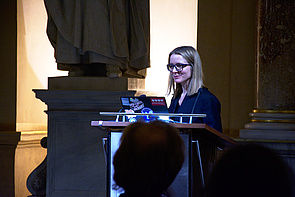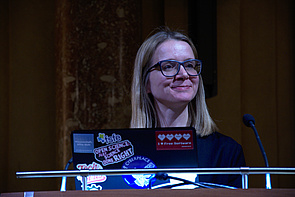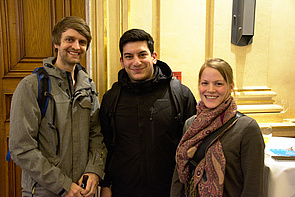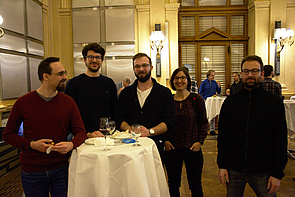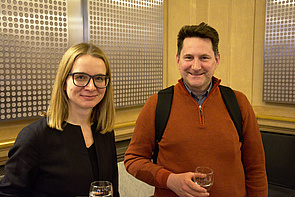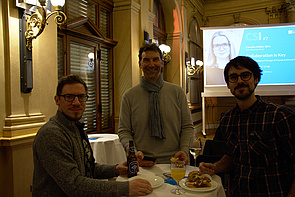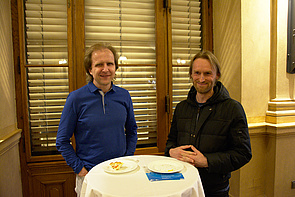
Abstract
We use computational systems for supporting our decision making in many parts of our society. Computational systems filter, sort, calculate and recommend choices based on the data available to them. A common assumption is that these systems can replace (or at least support) humans
in their decision-making processes. Thus, the introduction of computational systems is often thought of as a ‘substitution problem.’ In a fixed human workflow, certain tasks are replaced by a machine or an algorithm, leading to the need for less labor, fewer errors, and higher accuracy, among other things.
We all know, however, about problems that have occurred while using computational systems in social contexts. Two issues characterize these problems with computational systems. First, technology is not valueneutral, since computer scientists define how they act. Secondly, delegating formerly human tasks to machines (or vice versa) can lead to significant shifts in social practices and responsibilities.
In my talk, I argue for an alternative perspective on the design of computational systems. We should incorporate the interdependence of joint human-machine activities into the design - fostering co-adaptation. Thus, I emphasize the concept of human-machine collaboration across a
spectrum that runs between the poles of interactive systems on one side and intelligent systems on the other. This human-machine collaboration would follow a mixed-initiative interaction approach in which humans and machines interact and negotiate their actions. However, collaboration is complex in such a setting. All partners need to agree on their goals, to coordinate their activities, and communicate them, as well as to adapt their activities accordingly. Such hybrid workflows cause a qualitative change regarding how people perceive a technical system. We need, therefore, methods for the design and evaluation of these systems that allow for investigating the mode of action of these hybrid activities side by side. Based on my research and by incorporating existing approaches, I discuss challenges and gaps in current research. I conclude this talk with a proposition on how human-centered methods can be integrated into computer science education to support a critical reflection.
Bio
Claudia Müller-Birn is the head of the research group Human-Centered Computing (HCC.lab) at the Institute of Computer Science at the Freie Universität of Berlin. She is also a principal investigator of the Cluster of Excellence Matter of Activity at the Humboldt-Universität zu Berlin. Prior to her appointment, she undertook a post-doc at the Carnegie Mellon University based on a Feodor Lynen Research Fellowship of the Alexander von Humboldt-Foundation.
Prof. Birn's research advances the fields of Computer-Supported Cooperative Work (CSCW) and Social Computing. In her interdisciplinary DFG and BMBF-funded research projects, she focuses on Human-Machine Collaboration, i.e., how algorithms intertwine more tightly with humans for a more effective collaboration. Her current application areas are in interactive data visualization, collaborative ideation, and interactive machine learning. In her problem- and theory-driven research, she combines the engineering of software with its empirical evaluation, intending to contribute to value-oriented socio-technical system design. Claudia advocates open science in scholarly work.
Dear participants!
Photos will be taken in order to promote and document this event!
The photos might be published on brochures or websites of Graz University of Technology as well as on social media.
If you do not wish to be photographed, please tell one of the organizers or photographers!

